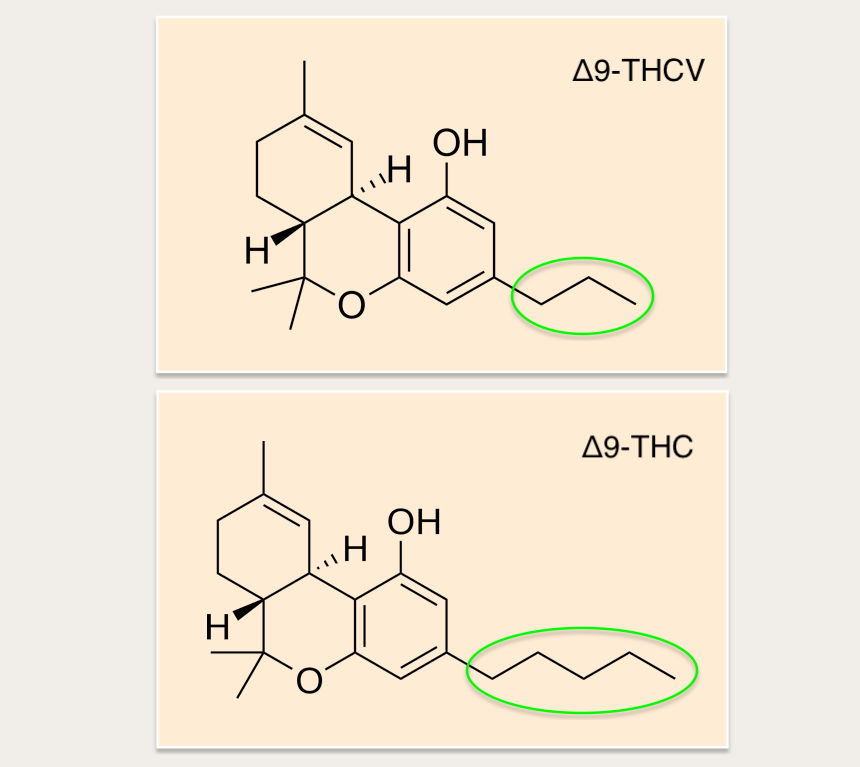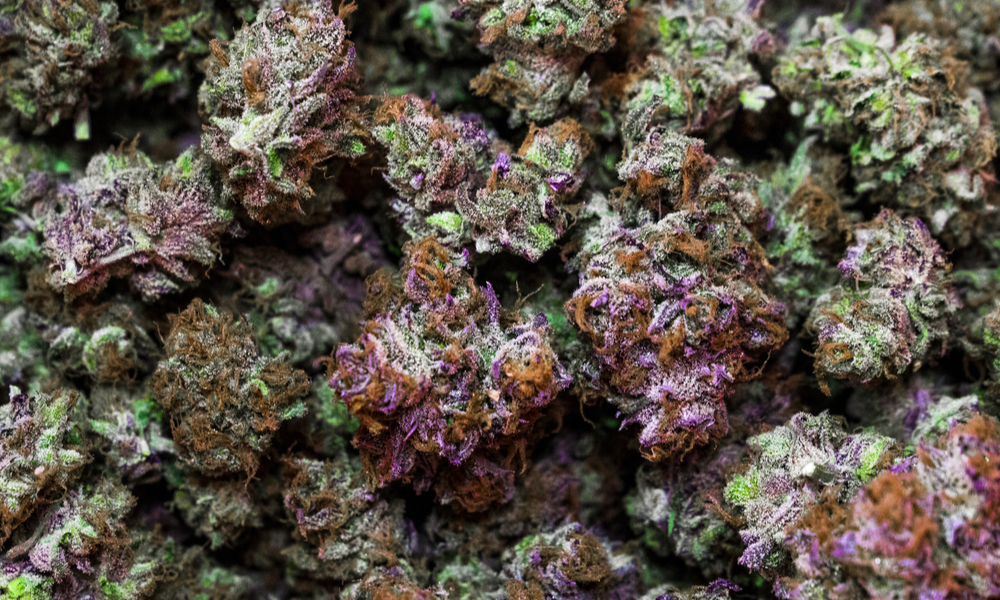Tetrahydrocannabivarin (THCV) is a cannabinoid compound discovered in cannabis and hemp plants. It's chemically similar to tetrahydrocannabinol (THC) but with some crucial distinctions. Here's whatever you need to understand about THCV including the dangers, benefits, distinctions, and similarities with other kinds of THC and more. What Is THCV? THCV is a less common cannabinoid found in some pressures of marijuana, particularly African sativa.
 THCV Strains: 11 Interesting Health Benefits You Should Know
THCV Strains: 11 Interesting Health Benefits You Should Know
 Tetrahydrocannabivarin (THCV) - Original FARM
Tetrahydrocannabivarin (THCV) - Original FARM
 THCV Strains: 11 Interesting Health Benefits You Should Know
THCV Strains: 11 Interesting Health Benefits You Should Know
THCV has a 3-carbon side chain instead of THC's 5-carbon side chain. This difference is subtle, but it has a noticeable effect Go here on the impact profile. THCV is somewhat psychedelic but just about and about. What Does THCV Feel Like? THCV has a strong energy-boosting part to it, which makes it especially popular amongst students and professional athletes.
In the United States, THCV policy is nuanced. THCV is not an Arrange I Drug, but cannabis extracts are making it somewhat unclear what the federal position is on THCV. The 2018 Farm Costs states that hemp plants and all derivatives of the plants are legal on a federal level, numerous companies follow this law how does thcv effect thca and still supply THCV to consumers by only extracting the substance from hemp plants.
If THCV is thought about a THC analog, it could be managed in the future by the very same guidelines as THC under the Federal Analog Act. This act states that any substance that shares a similar molecular profile as a known forbidden substance it's included in the very same drug Set up category.
What Are the Results of THCV? Advocates of THCV report that it produces an extreme burst of energy and makes them feel euphoric without the psychological cloudiness caused by THC. The effects are super moderate compared to THC. The results are practically exclusively cognitive yet somehow have extremely little influence on headspace.
2. THCV & Appetite Some THCV users claim that it curbs their hunger. This is a typical result of other focus-enhancing compounds. It's as though THCV gets rid of the diversion of other physical procedures (like cravings) in order to preserve resources and attention to cognitive jobs instead. How Does THCV Work? Cannabinoids produce biological results in the human body by engaging with endocannabinoid receptors.
CB1 receptors lie in the nerve system and connect with neurotransmitters in the brain to produce mind-altering results. Interaction with CB1 websites is what gives some cannabinoids like THC their psychoactivity. THCV is a bit tricky to comprehend due to the fact that it's mainly a CB1 antagonist, indicating it has the opposite effect as THC.
While researchers are still seeking to understand this process, it appears THCV is able to block the impacts of CB1 in low doses and stimulate them in high doses. CB2 receptors are found mostly in the body immune system. THCV is a partial agonist of CB2, but the impacts of this partial activity aren't well-known, and it seemingly has no discernible effect on THCV users' experience.
As pointed out in the previous section, THCV is a CB1 villain in low dosages which is the specific opposite impact of delta 8 and delta 9 THC. This might suggest that THCV combats a few of the psychoactive results of THC. This impact could describe why individuals who utilize THCV feel so clear-headed particularly compared to the well-known "fogginess" induced by delta 9 THC.